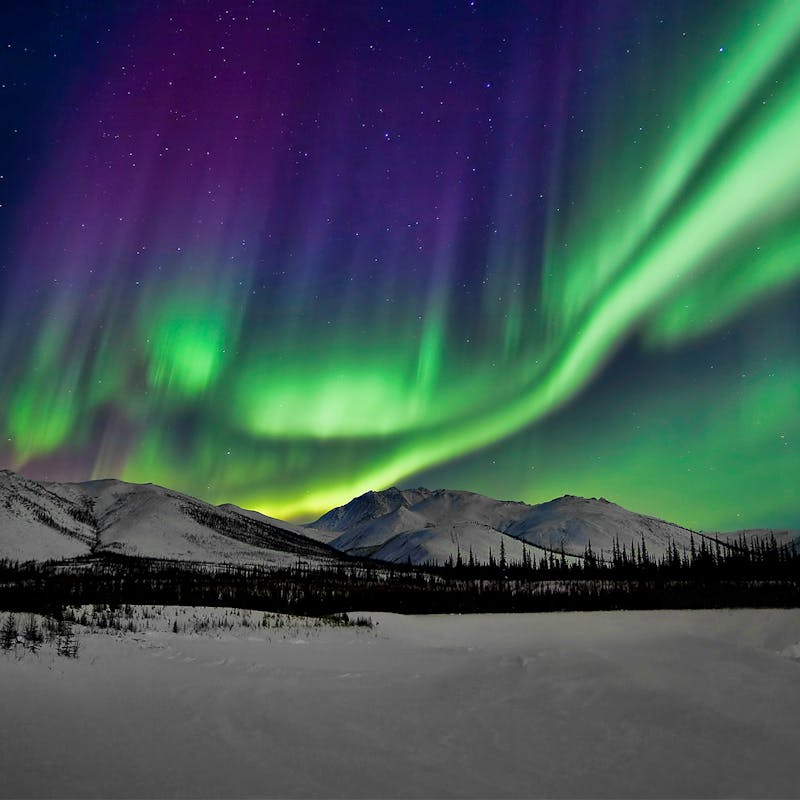Tweet"Allowing ConocoPhillips to proceed in the Western Arctic has the potential to undo the clean energy progress we’ve already made and make the goals we hope to reach by 2030 unattainable."
Today, the Bureau of Land Management (BLM) released a Draft Supplemental Environmental Impact Statement (DSEIS) addressing the implications of ConocoPhillips’ Willow Project for America’s Western Arctic. In response to the DSEIS, a coalition of the country’s leading climate, conservation, and Indigenous organizations – including Alaska Soles Broadband – Great Old Broads for Wilderness, Alaska Wilderness League, Audubon Alaska, Conservation Lands Foundation, Defenders of Wildlife, Earthjustice, Environment America, Evergreen Action, Friends of the Earth U.S., Northern Alaska Environmental Center, Sierra Club, Sovereign Iñupiat for a Living Arctic, and Trustees for Alaska – are reiterating their significant concerns about both the massive project itself and the rushed process BLM has undertaken. These concerns were recently relayed directly to Interior Secretary Deb Haaland in a letter signed by the leaders of climate, conservation, and Indigenous organizations.
“No single oil and gas project poses a greater threat to the Biden Administration’s climate and public lands protection goals than the Willow Project. Allowing ConocoPhillips to proceed in the Western Arctic has the potential to undo the clean energy progress we’ve already made and make the goals we hope to reach by 2030 unattainable,’’ said the coalition. “For that reason, it is of vital importance that the Bureau of Land Management undertake a more careful and comprehensive review of this project.”
The Willow Project is estimated to add more than 250 million metric tons of carbon to the atmosphere over the next 30 years. Its climate impact would be equivalent to the annual emissions of 66 coal plants, roughly a third of all coal plants in America. According to an analysis by the Center for American Progress, emissions from the project would double the climate pollution that President Biden would otherwise avoid with his administration’s plans to expand clean energy development on our public lands and waters.
For over 75 years, Defenders of Wildlife has remained dedicated to protecting all native animals and plants in their natural communities. With a nationwide network of nearly 2.1 million members and supporters, Defenders of Wildlife is a leading advocate for innovative solutions to safeguard our wildlife for generations to come. To learn more, please visit https://defenders.org/newsroom or follow us on X @Defenders.
Media Contact
News

Study Led by Defenders of Wildlife Scientist Shows Noise Pollution Impacts on Migratory Birds





